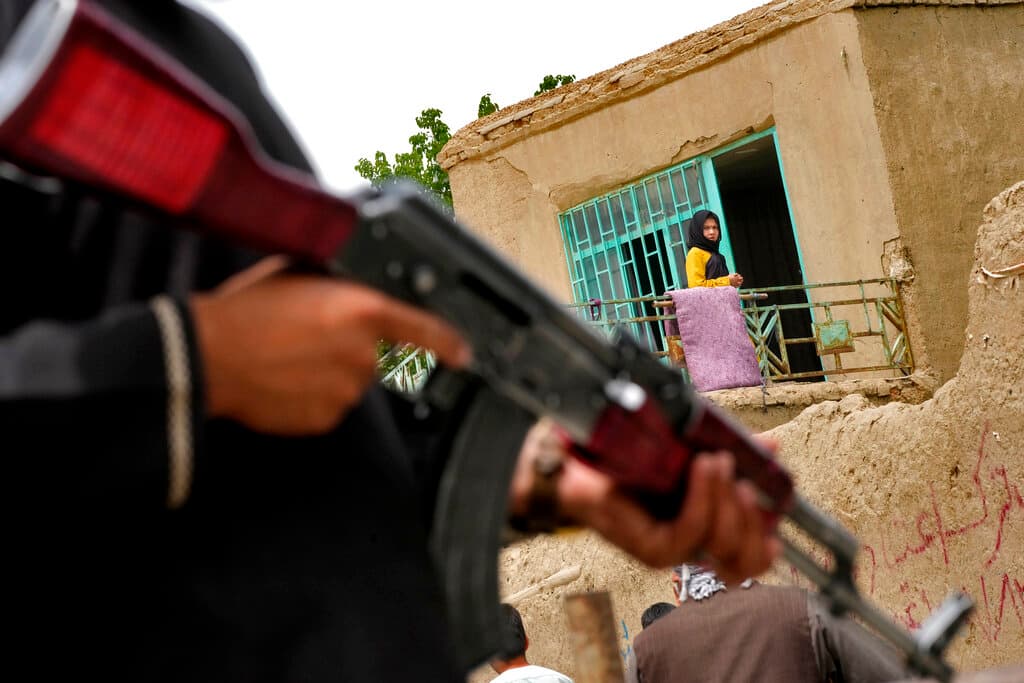Intelligence Leak Suggests Afghanistan Re-Emerging as Hotbed of Terrorism
Administration officials would not publicly verify the documents’ authenticity. Instead, they touted President Biden’s efforts to combat terrorism in other locales such as Somalia.

Nearly two years after America’s ill-fated withdrawal from Afghanistan, the country has once again become a staging ground for international terrorist networks plotting attacks against America and its allies, a recent intelligence leak discloses.
According to a report in the Washington Post, classified intelligence leaked on the social media platform Discord by a junior Air National Guard serviceman suggest that the Islamic State has regrouped in Afghanistan and planned attacks on churches, embassies, business centers, and even the World Cup soccer tournament in Qatar last year. The Pentagon assessment — which is labeled top-secret and is stamped with the logos of several Defense Department agencies — counted nine such plots in December and 15 in February.
A login link has been sent to
Enter your email to read this article.
Get 2 free articles when you subscribe.

